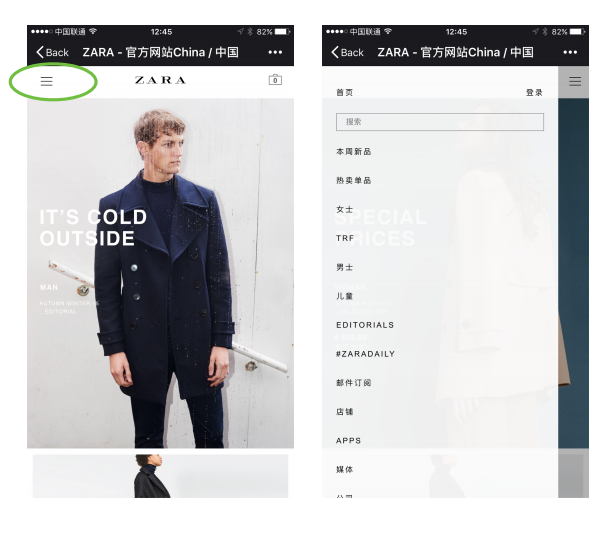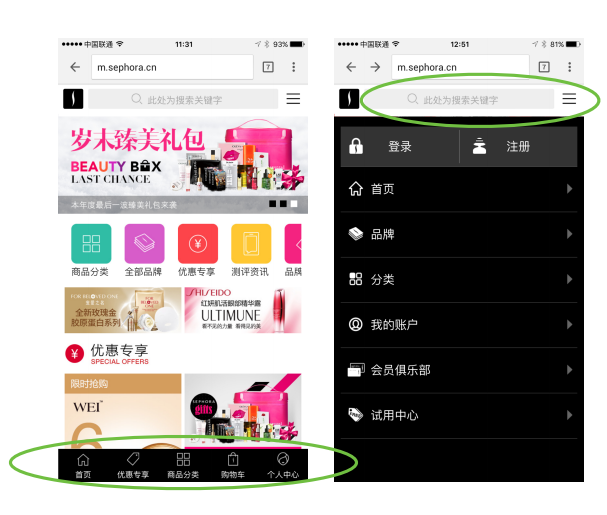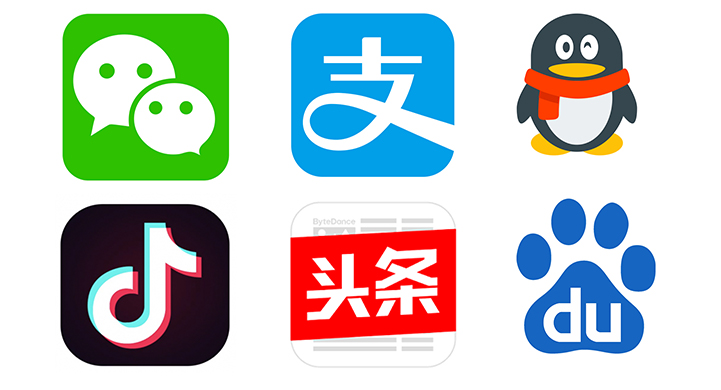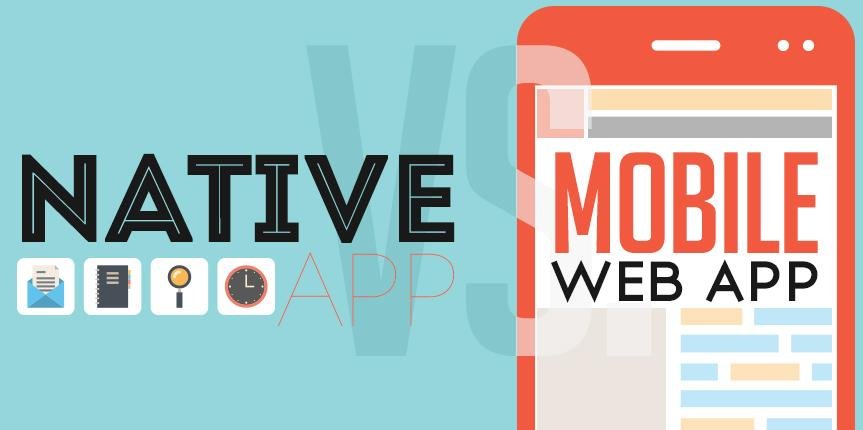Have you ever seen the "mobile version" of a site? That’s one example of Compared Native App and Web App DevelopmentYou find yourself standing in from of a roadsign with "Web ap" and "Native app" on it, here are the upsides and downsides of either way.web apps. Web apps are not real applications; they are really websites that look and feel like native applications in many ways, but are not implemented as such.
Developing a web app can be simple and quick. Web apps became really popular when HTML5 came around and people realized that they can obtain native-like functionality in the browser. Web apps are sometimes designed to look and behave like apps and are in general ideal when the purpose is simply to make content or functionality available on mobile, but an app is either not a good fit or too expensive. Your audience doesn’t have to install a web app since it is running by a browser; also they don’t need to have available space on their devices.
Example: Yangdongxi.com web app
Strengths of Web Apps:
Discoverability
Content is a lot more discoverable on the web than in an app: When people have a question or an information need, mostly they go to a search engine, type in their query, and choose a page from the search results. They do not go to the app store, search for an app, download it, and then try to find their answer within the app.
Example: Zara web app
Installation
Most users don’t like installing and maintaining apps, and will install an app only if they expect to use it often. Not to mention that Native apps will cost extra space on users’ devices.
Example: Sephora.cn web app
Maintenance
Maintaining a native app can be complicated not only for users, but also for developers (especially if they have to deal with multiple versions of the same information on different platforms). On the other hand, maintaining a web app is as simple as maintaining a web page, and it can be done as often or as frequently as needed.
Platform independence
While different browsers may support different versions of HTML5, if platform independence is important, you definitely have a better chance of achieving it with web apps than with native apps.
Development cost
It’s arguably cheaper to develop web apps, as these require skills that build up on previous experience with the web.
Web apps on Wechat
In today’s China, numerous web apps can be found on Wechat. Why so?
While seemingly just a messaging app, Wechat is more than a social media: it is more of a portal, a platform, and even a mobile operating system depending on how you look at it.
According to the report early this year, the number of registered Wechat accounts has reached 1.12 billion, with 440 million monthly active users. Public Accounts, used by businesses, organizations or individuals to interact and engage with their Wechat subscribers, now number 8.5 million, with 25,000 being added daily. To seize this opportunity, Creating a Wechat Web app accessed through your Wechat service account could be a good thing to do.
What is a Wechat Web app, one may ask? Wechat web app is website that users open via Wechat services accounts, and it can also extend and incorporate the contents and marketing purposes of the services accounts themselves. When your users are on your Wechat service account, they can click on menus at the bottom of the screen and be linked to a Wechat website.
Example: Vichy wechat web app
Wechat Web apps have four main benefits:
- Easier for users to approach. It only takes just adding a public account or scanning a QR code for users to discover the value proposition of your brand.
- Keep users more engaged. Since 55.2% of Wechat users check Wechat more than 10 times a day, and 25% of Wechat users check Wechat over 30 times a day, updating your marketing message via Wechat can definitely reach your customers better.
- More distinct. When a user interacts with an official account, the user can click to a full web application experience without ever leaving Wechat. This empowers developers to deliver distinctive, custom app-like experiences while Wechat enforces the rules (messaging frequency, sensor permissions, etc.) that protect users.
- Better integration to the “social” features. Your promoting messages will been seen much more if your users share your content either directly to their contacts in Wechat, or on “Moments”, which is a social media platform in Wechat that every friend of this user can see.
Developing official Wechat accounts has become so popular in China that it has become a priority for some star-up companies in China. These web-enabled, app-within-an-app official accounts are a breakthrough in messaging, and are one of many reasons that Wechat has become a flourishing platform for any company or influencer that wants a mobile presence in China.
Conclusion
Nobody can guarantee that the web can fully replace all native applications, yet we can build high-performing responsive web applications right now. Especially due to the fact that China’s Internet users are accessing the web via smart-phones, growing at an insane rate, the web app is starting to look more appealing in nowadays China. If you’re eyeing success over Chinese market, don’t ever underestimate the value of web apps on Wechat. Because they are the future.














